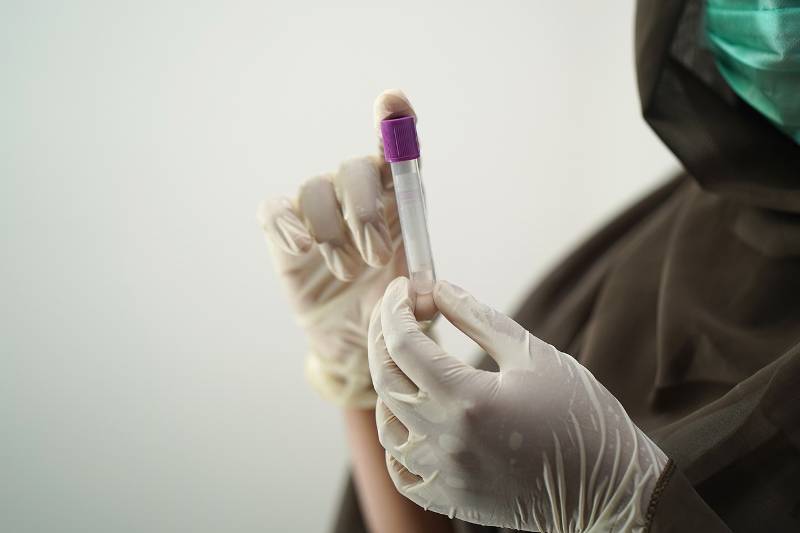Researchers at the German Center for Neurodegenerative Diseases (DZNE) have developed a blood test that can identify the most common forms of frontotemporal dementia (FTD), amyotrophic lateral sclerosis (ALS), and progressive supranuclear palsy (PSP). The study, published in the journal “Nature Medicine,” involves measuring specific proteins in the blood that serve as biomarkers for these neurodegenerative diseases.
The Need for Diagnostic Markers
FTD, ALS, and PSP are characterized by overlapping symptoms such as dementia, behavioral changes, paralysis, muscle wasting, and movement impairment. Currently, there is no cure for these diseases, and a conclusive diagnosis can only be made by examining brain tissue after death. Prof. Anja Schneider, a research group leader at DZNE and Director of the Department of Old Age Psychiatry and Cognitive Disorders at the University Hospital Bonn (UKB), emphasizes the importance of identifying the underlying pathology for developing targeted therapies and stratifying patients for clinical trials.
The new blood test, based on the measurement of tau and TDP-43 proteins, could provide crucial evidence for diagnosis, particularly for the behavioral variant of FTD, the most common type of FTD. The test enables a precise diagnosis during a patient’s lifetime, even in the absence of genetic mutations.
Measuring Proteins in Vesicles
The researchers measured the levels of two forms of tau proteins and TDP-43 proteins found inside tiny lipid bubbles called vesicles, which are secreted by cells and enter the bloodstream. By capturing the proteins contained in these vesicles through a multi-stage preparation process, the scientists were able to obtain conclusive results.
The study involved data and blood samples from 991 adults in Germany and Spain, including individuals affected by FTD, ALS, PSP, and a control group of healthy individuals. The extensive validation of the findings was made possible through collaborative research initiatives, such as the DESCRIBE cohorts in Germany and the “Sant Pau” cohort in Barcelona.
While the blood test is not yet ready for routine medical use, Prof. Schneider believes that it could facilitate disease diagnosis and advance the development of new therapies in the long term. Further studies are needed to determine how these biomarkers develop over the course of the disease and how early they rise.
For more information on this study and related topics, please refer to:
- The original research article, “Plasma extracellular vesicle Tau and TDP-43 as diagnostic biomarkers in FTD and ALS,” published in Nature Medicine (DOI: 10.1038/s41591-024-02937-4)
- The German Center for Neurodegenerative Diseases (DZNE) website
If our reporting has informed or inspired you, please consider making a donation. Every contribution, no matter the size, empowers us to continue delivering accurate, engaging, and trustworthy science and medical news. Independent journalism requires time, effort, and resources—your support ensures we can keep uncovering the stories that matter most to you.
Join us in making knowledge accessible and impactful. Thank you for standing with us!

